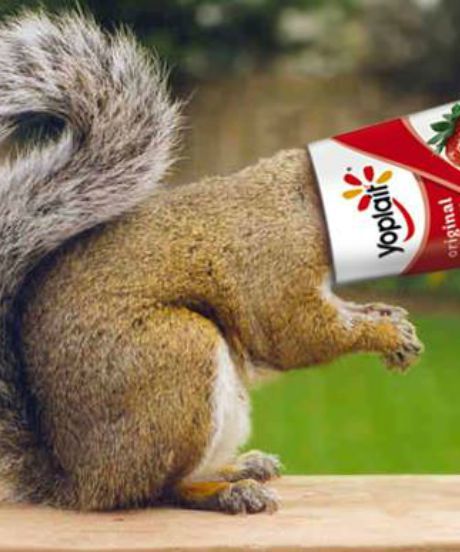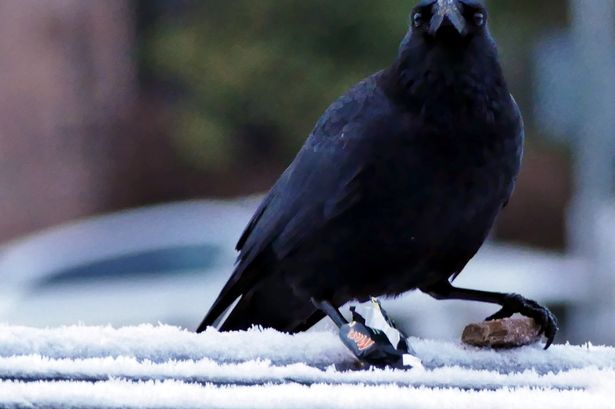Animals Getting Unnecessarily Tangled with Trash
Roadside trash is both very attractive and very dangerous to wildlife. Birds, for instance, may fly down to grab a candy wrapper or an apple core tossed by someone out the window, leaving them at the mercy of traffic and pedestrians. Waterfowl and other animals that have their habitation around rivers and lakes can become trapped in fishing line or ingest what was left behind after fishing, making them unable to fly, swim or eat, and consequently ill. Animals like mice, skunks, squirrels, and raccoons get their heads stuck in cups, jars or other kinds of food-smelling containers, causing them to starve or suffocate when they are unable to get their heads out of such container.Litter and The Harmful Effects on Wildlife
Wildlife and garbage don’t mix. Animals sometimes get themselves trapped in cans or broken glass which could cause them fatal injuries or infection. A recent study also shows that they often get their heads or other body parts stuck in six-pack plastic rings, making their movement or flight really difficult. Animals like skunks, raccoons, woodchucks, and squirrels eat cleaners and household waste from garbage bins which could be poisonous and bring about life-threatening illness or death. Research of late also reveals that animals eat latex or plastic that they misidentify as food, which can obstruct their digestive tract or cause the animals to starve. They also get entangled in plastic bags and carriers, causing them to suffocate.
The Effectiveness of Proper Disposal of Trash
Keep in mind that even the smallest pieces of gum thrown out haphazardly can be dangerous for wildlife – it can glue to their fur or wings making freedom of movement impossible or difficult. Some of the best ways you can help to protect wildlife and keep other animals away from waste include the following:- Pick up trash you stumble upon and discard properly.
- Make certain that recycle and garbage containers have properly-fitting, secure lids.
- Ensure to wash your bottles, cans and other recyclables completely before discarding them as this will help to take away some of the scents due to food residue.
- Transfer toxic chemicals and other leftover domestic cleaning products to Eco Stations nearby.
- Call on Wildlife Removal Services to help rescue animals that are trapped in containers or dying due to garbage intake.



